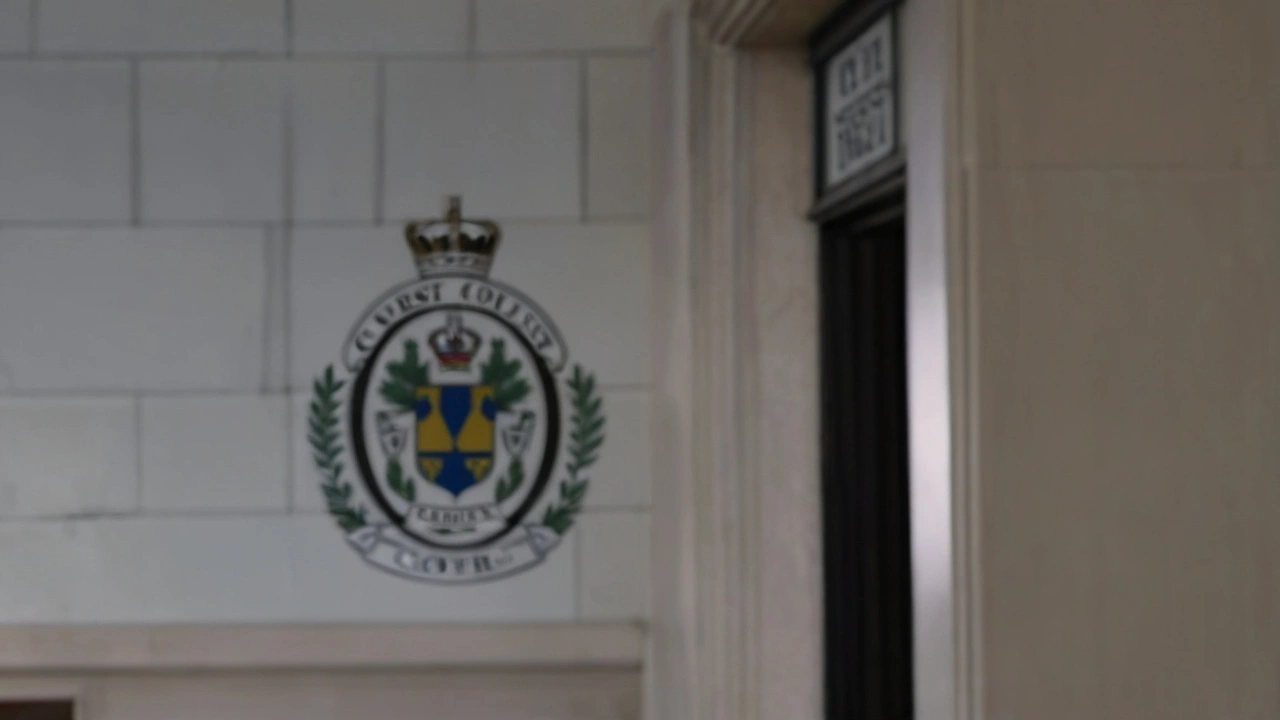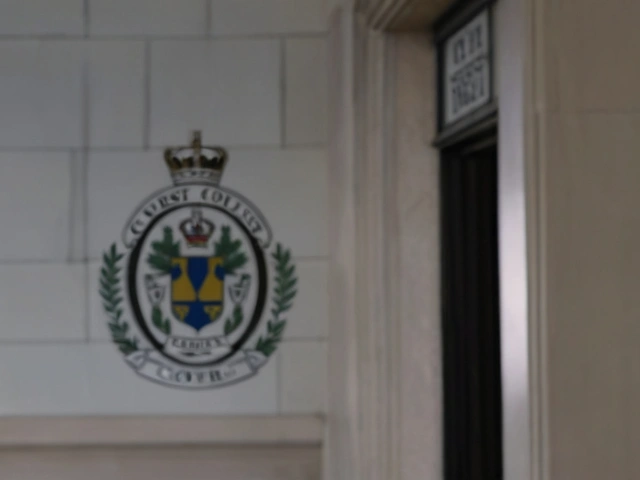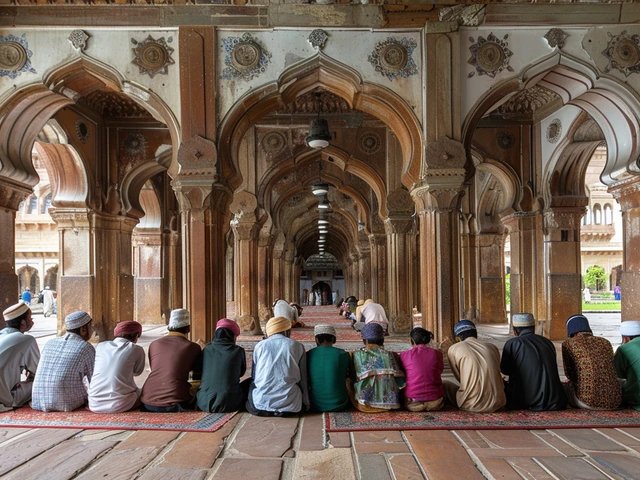Shamima Begum's Legal Team to Appeal to European Court of Human Rights After UK Citizenship Revoked
Legal Battle for Shamima Begum Heads to Strasbourg
Shamima Begum, a name synonymous with the complexities of modern counter-terrorism and human rights law, is set to face another chapter in her legal saga. Lawyers representing Begum have announced their intention to appeal to the European Court of Human Rights (ECHR) after the UK Supreme Court denied her appeal against the revocation of her British citizenship. This pivotal move follows the UK's highest court upholding a previous ruling that found the decision to strip Begum of her citizenship lawful.
A Troubled Past and Contentious Present
Born and raised in the UK, Begum made global headlines when, at the tender age of 15, she left her home to join the Islamic State (ISIS) in Syria. Her journey, which began as a defiant act of teenage recklessness, quickly transformed into a national security issue with profound legal implications. In 2019, the UK government made the drastic decision to revoke her citizenship, citing concerns over national security. Since then, Begum has been detained in a Kurdish-run camp in northeastern Syria, fighting a prolonged and often contentious battle to return to the UK.
The Supreme Court’s Decision
On Wednesday, the UK Supreme Court delivered its verdict, choosing not to hear an appeal from Begum's legal team. The Court upheld a previous ruling by the Court of Appeal, which found the government's actions to be within legal bounds. This decision effectively leaves Begum stateless, a point of significant controversy among human rights advocates.
For many, including organizations like Amnesty International UK, the Supreme Court's decision is a stark reminder of the delicate balance between national security and individual human rights. Steve Valdez-Symonds, Amnesty International UK's Programme Director for Refugee and Migrant Rights, deemed the ruling extremely problematic. Valdez-Symonds called for Begum's return to the UK, asserting that the nation should face its responsibilities regarding its nationals stranded in conflict zones.
Human Rights Concerns
Human rights organizations have been vocal in their criticism of the UK government's handling of the Begum case. The core issues revolve around the implications of statelessness and the exploitative circumstances under which Begum left the UK as a minor. Critics argue that by revoking Begum's citizenship, the government is abdicating its obligations under international human rights frameworks.
The human rights concerns are not purely abstract. Being detained in a Kurdish-run camp in northeastern Syria has its own set of dire realities. Conditions in these camps are often harsh, and detainees face limited access to legal assistance, medical care, and basic necessities. For Begum, and others in similar situations, the prospect of a fair trial and humane treatment becomes increasingly uncertain.
The Legal Team's Next Steps
Despite the recent setback, Begum's legal team, from the law firm Birnberg Peirce, is undeterred. They have vowed to explore every possible legal avenue to secure Begum's return to the UK. A pivotal part of their strategy now involves petitioning the European Court of Human Rights. This international legal body has the authority to overrule national courts on matters related to the European Convention on Human Rights. The team hopes that by presenting their case in Strasbourg, they can overturn the UK’s decision to revoke Begum’s citizenship.
Birnberg Peirce highlighted that their argument would focus on the UK government's obligations under international law, especially in terms of preventing statelessness and upholding the rights of its citizens. They contend that the UK has failed to adequately consider Begum's circumstances and the best interests of a minor victim of exploitation.
Broader Implications
Shamima Begum’s case is more than just a legal battle over one individual's citizenship status. It has broader implications for how countries handle nationals who join extremist groups and the legal mechanisms available to protect human rights. The outcomes of this case could create precedents affecting scores of other individuals in similar predicaments.
Issues of citizenship revocation, particularly on national security grounds, are becoming increasingly prevalent in many Western countries. Governments face the intricate task of protecting their citizens from potential threats while adhering to international human rights standards. Begum's case sharply highlights these challenges, prompting widespread debate on the balance between security and rights.
Public Opinion
Public opinion remains divided on Shamima Begum. For some, she is viewed as a radicalized individual who poses a potential threat to the country. For others, she is seen as a misguided adolescent who deserves a chance at rehabilitation under the UK's justice system. Online petitions, rallies, and opinion pieces have all contributed to a highly polarized public discourse around her.
In the UK's charged political environment, Begum's case also brings to light the pressures faced by policymakers. Decisions in cases like these often carry significant political weight, influencing public trust and overall security sentiment.

The Road Ahead
As the battle for Shamima Begum's legal future continues, a range of complex legal, ethical, and humanitarian issues remain at the forefront. The decision of the European Court of Human Rights in the coming months will be closely watched by legal scholars, human rights activists, and government officials alike. Whatever the outcome, this case is already serving as a crucial touchstone in the ongoing dialogue about citizenship, human rights, and national security in a rapidly changing world.
The journey from the streets of London to the courts of Strasbourg underscores the intricate labyrinth of modern-day legal battles. As Shamima Begum’s fight for justice continues, it sheds light not only on one individual's plight but on the evolving nature of law and rights in the 21st century.







